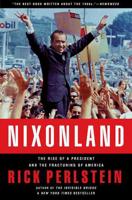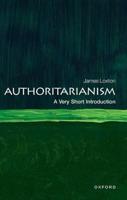Publisher's Synopsis
Students of political participation have noticed the importance of a shift from conventional politics to a new type of 'social movement politics', but they have not dealt with this new type of politics on an equal footing with party and interest group politics. In this book, the political mobilization of the Dutch mass public by political parties, labour unions and new social movements is studied on the basis of a general conceptual model. The argument of the book is based on an empirical analysis of The Netherlands, but it is intended to be applicable to Western European democracies in general. It attempts to answer questions about the level of political mobilization and the mobilization potential for each one of the three different types of collective political actors and about the relationships that exist among them. The structural and cultural transformations which Western societies have undergone over the last 25 years form the background for the explanation of political mobilization. According to the basic hypothesis of the study, the transformation of politics is ultimately rooted in long-term processes of social change, implying a transformation of class structure and political value orientations. The continuous character of social change, the adaptive capacities of the established collective political actors ? as well as the mechanisms of individual political mobilization ? account for the fact that the profound social change has not led to revolutionary transformations in the politics of Western European democracies. Nevertheless, these transformations have left deep imprints on the configuration of alliances in the party system, on the mobilization of the new social movements and especially, on the relative importance of the three political arenas for political mobilization in general.








